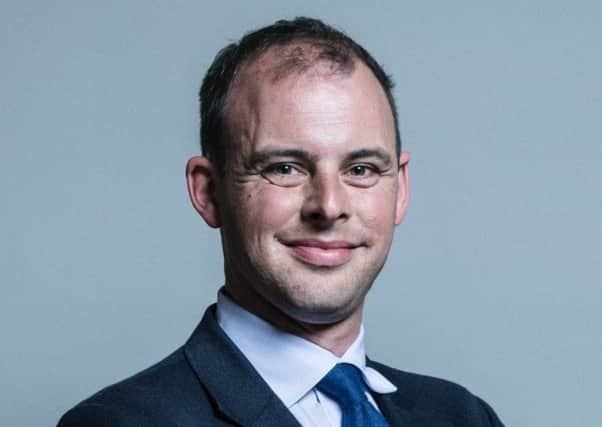Record low for workless homes in Boston and Skegness area


The latest research shows there are 32,295 fewer children in workless households across the East Midlands since 2010.
The number of children living in households with no one working is at a record low, meaning fewer children are living in families without the security of work.
Advertisement
Hide AdAdvertisement
Hide AdSince last year, 29,000 fewer children across the United Kingdom are living in workless households.
The figures, which come from the Office for National Statistics’ (ONS), Working and Workless Households, 29 August 2018, report, have been welcomed by Boston and Skegness MP Matt Warman.
“It’s excellent to see the number of children in workless households falling – with 32,295 fewer across the East Midlands since 2010,” said Mr Warman.
“This means more children in families in Boston and Skegness with the security that comes with a job and a regular pay packet.
Advertisement
Hide AdAdvertisement
Hide Ad“Where people are able to work, the Government is making sure nothing stands in their way, and these figures reflect the success of these policy changes.”
He added: “We are working hard to build a stronger and fairer economy - delivering a brighter, more secure future for families in Boston and Skegness – but there is more to do.
“That is why we are investing in a modern Industrial Strategy to build a country that works for everyone.”
Overall across Britain the number of workless households is down 964,000 since 2010, with the proportion of workless households now at its lowest level since records began in 1996. The fall over the last year was 11,000.
Advertisement
Hide AdAdvertisement
Hide AdLocally, jobs are being created across a range of sectors, including in agriculture and tourism.
FURTHER STATISTICS
l There are now 32.4 million people in work – with employment up 3.3 million since 2010.
l Unemployment is at a 43-year low at 1.36 million, down by 1.15 million since 2010.
l Youth unemployment is down by 447,000 since 2010. .
l The growth in wages is higher than inflation by 0.4 per cent.
These figures come from the ONS report ‘Working and Workless Households’, August 14, 2018.
The report can be read in full by visiting the ONS website via https://bit.ly/2MZ3QGS